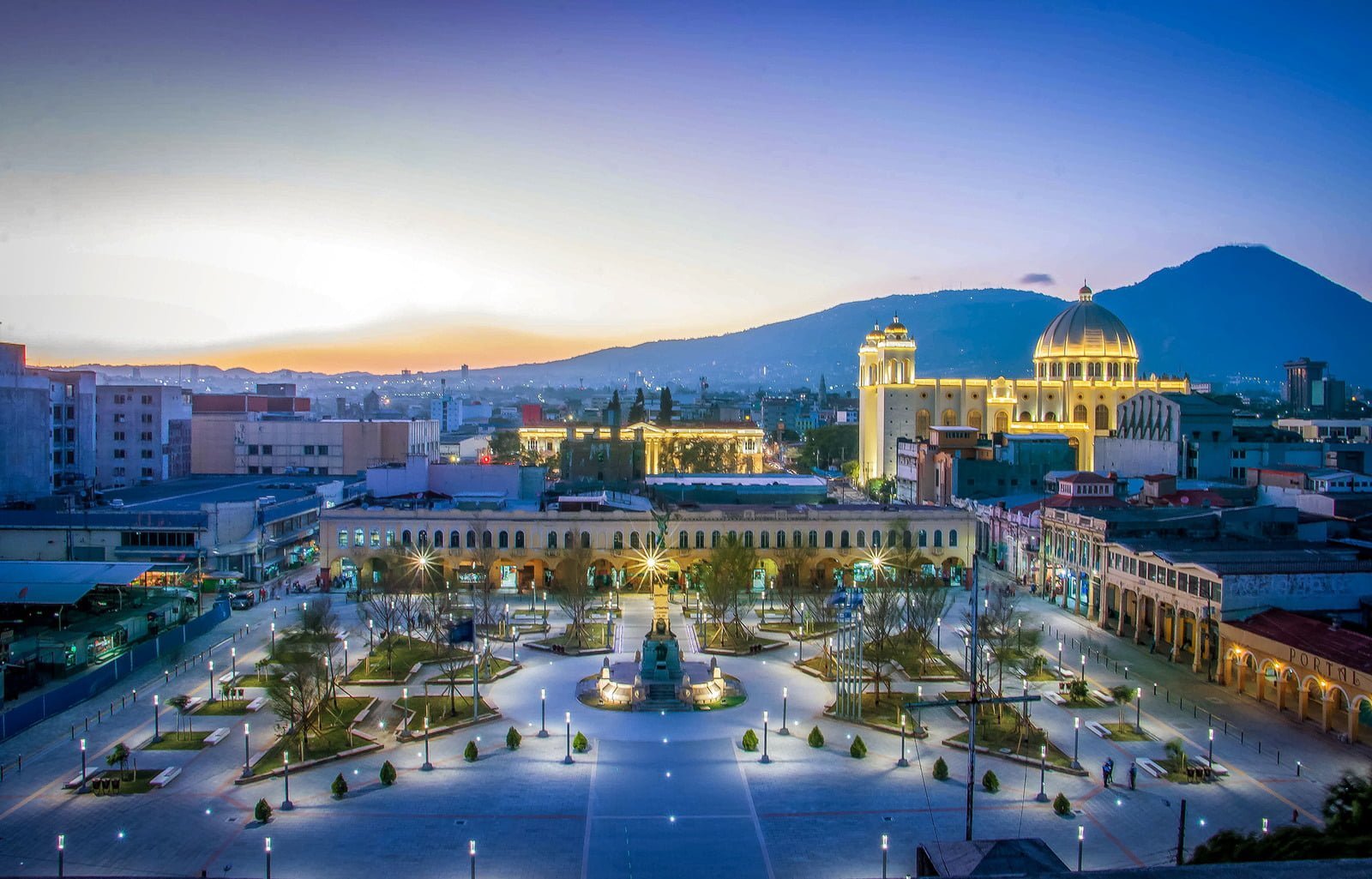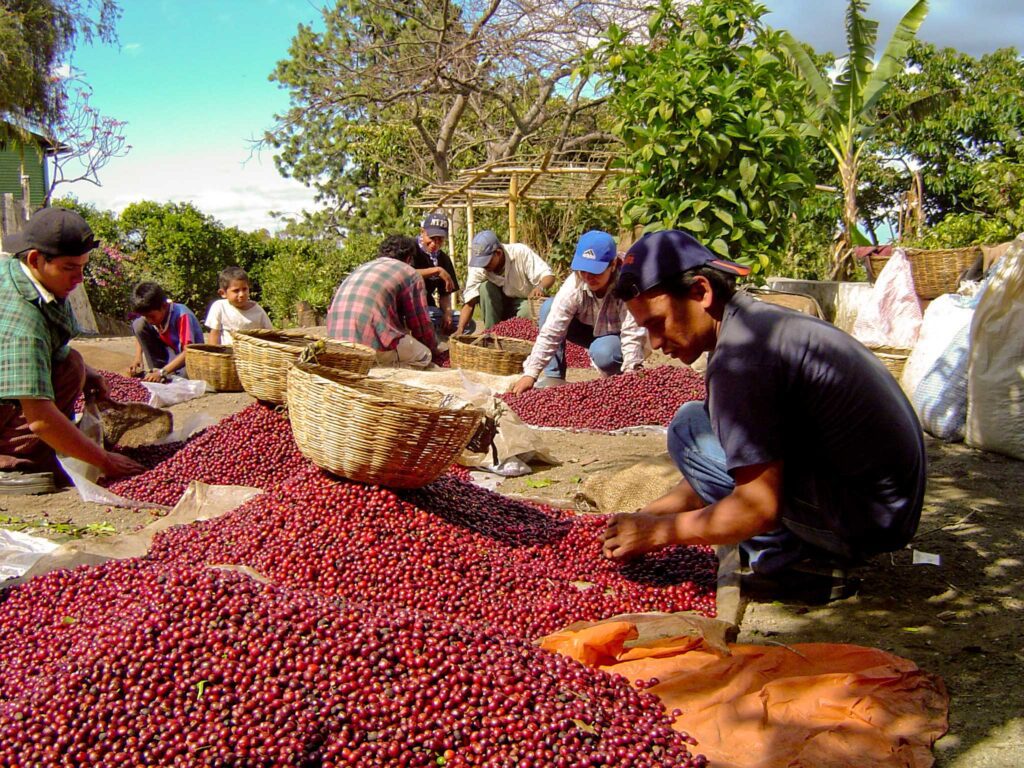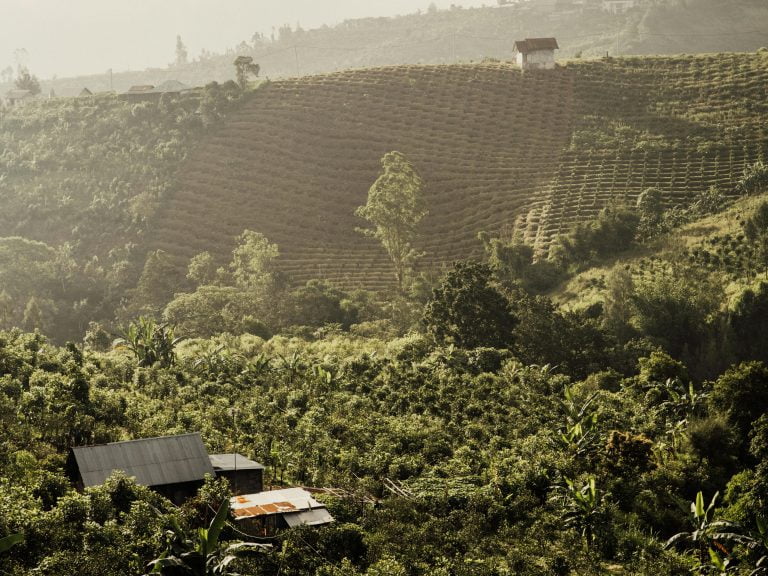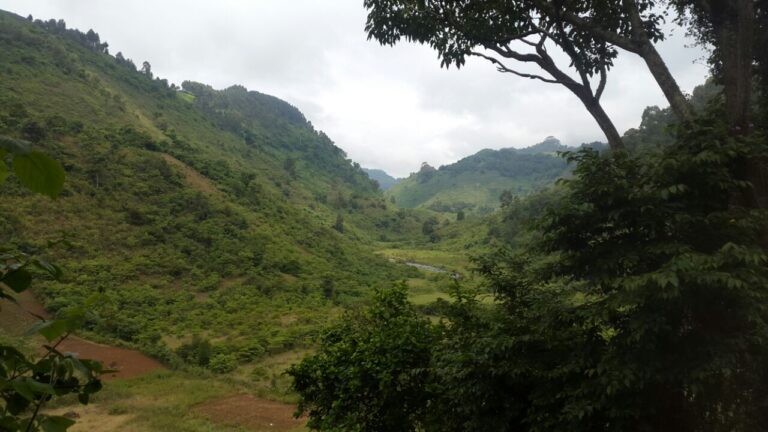Every month, our Coffee World Tour subscribers get to experience a new part of the globe. We share coffee that highlights the unique qualities of coffee in the county we feature. But this month, we’re doing our first deep dive into a country. In February and March, subscribers will receive two contrasting Salvadoran coffees.
Typical Salvadoran Coffee
El Salvador’s economy changed drastically in the nineteenth century from an agrarian society to a top heavy industrialized nation that became a coffee powerhouse. The nation’s inequity eventually led to a civil war in the 1980s, the time when other parts of the world started replanting their higher quality for coffees for lower quality, higher yield plants. To this day, El Salvador still largely produces high quality coffees most notably pacas, a naturally mutated variety that was discovered in the 1940s. It’s not resistant to pests and fungus though like many commercially engineered varieties and has a gene that makes it dwarfed. So, coffee, particularly high quality coffee, costs more to produce in El Salvador.
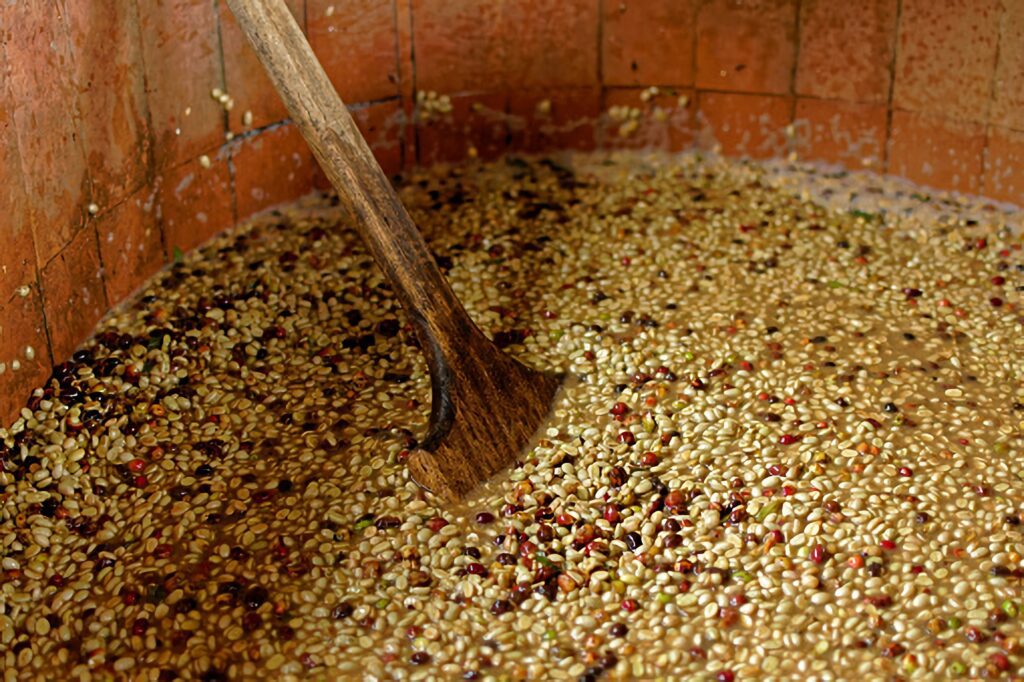
Salvadoran Coffee is typically washed in a fermentation tank to remove the fruit of the coffee cherry. This process takes anywhere from several hours to a couple days. Farmers and mills have lots of different theories for how this should be done. These practices vary around the would and those local processing habits are just as influential in a coffee’s taste as it’s variety, growing conditions, and ultimately roast. Typically washed coffees are clean and bright. They’ve been the tradition in El Salvador since they started selling coffee, but globalization is changing that.
New Salvadoran Coffee
Originally, before fermentation, coffee was dried like a raisin and the seeds were removed. This is known as natural processing. While El Salvador had a preference for washed coffees, markets like Saudi Arabia and Japan enjoy the amped up flavors typically associated with naturals. So producers have responded by giving them what they want. That’s created larger variety in the market for all of us to enjoy. It’s also created a lot of discussion around processing. Some farms and mills have become very experimental, while others have decided to stick with more traditional methods.
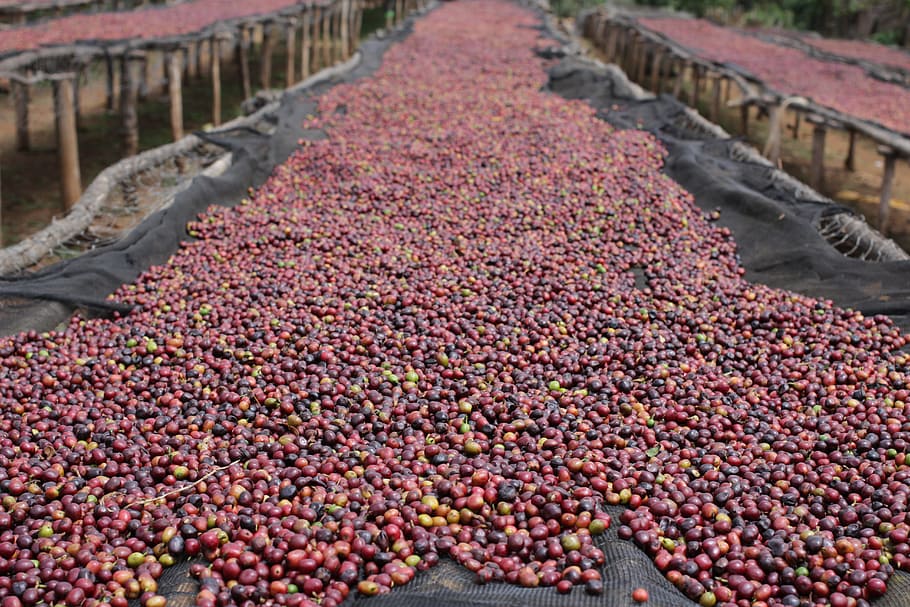
How do they taste?
In February, we’re releasing a washed coffee from Finca Montevideo and in March, we’ll be following it up with the exact same coffee naturally processed. In this way, our subscribers can learn more about how process affects their coffees by comparing and contrasting what’s different and what’s the same.
If you want to be the first to experience this incredible coffee, and to try a new coffee from a differently place around the world every month, be sure to subscribe to Coffee World Tour.

